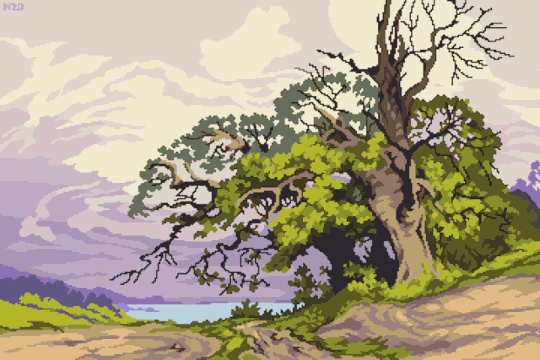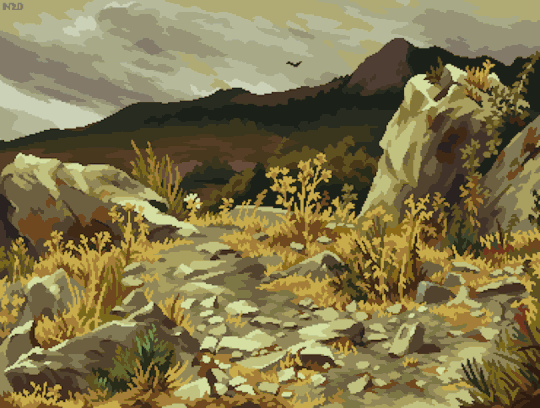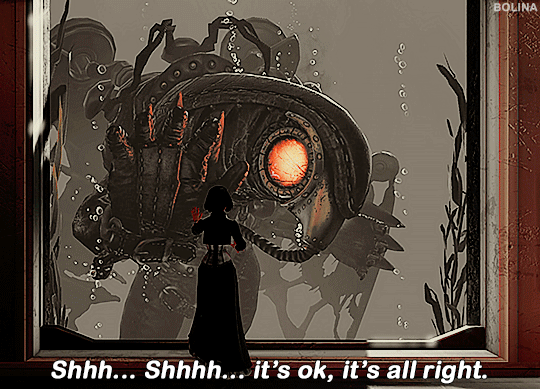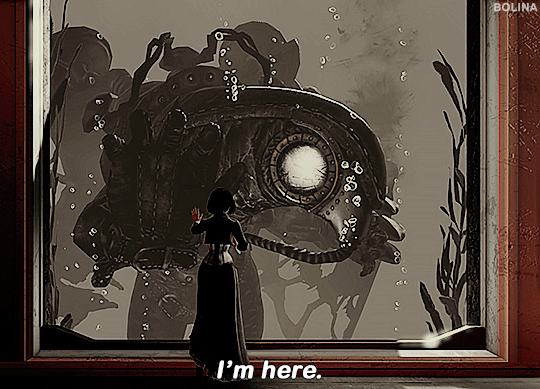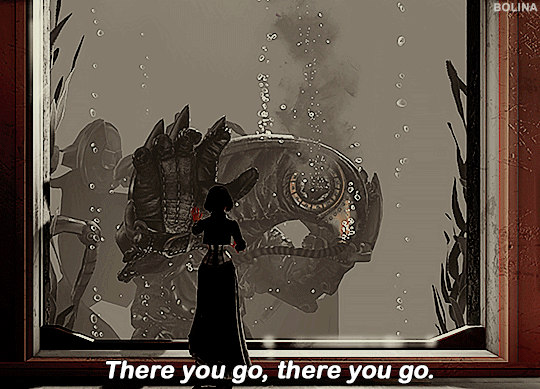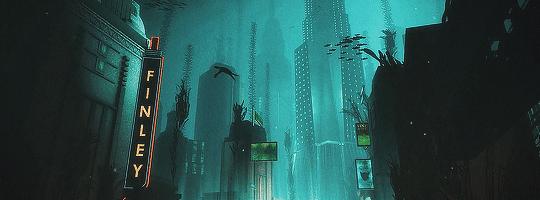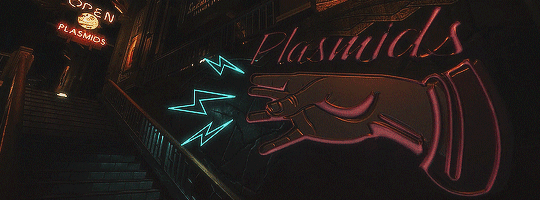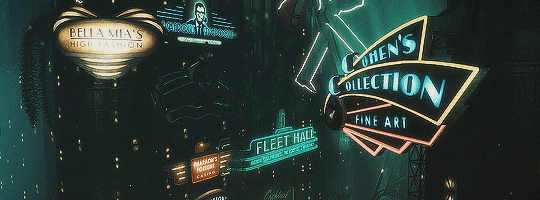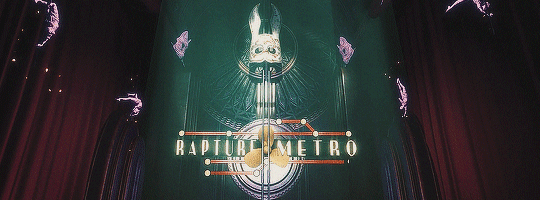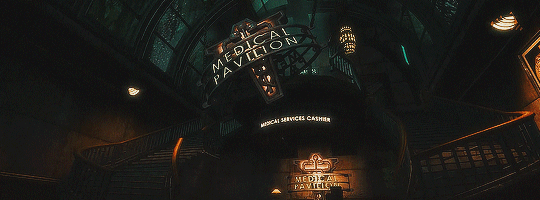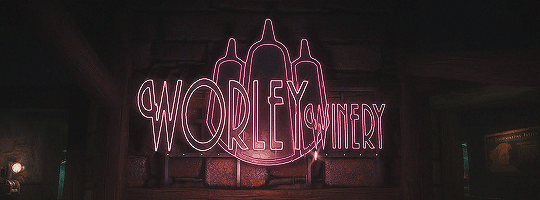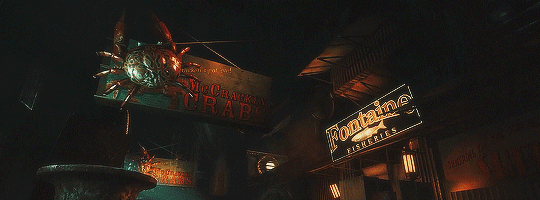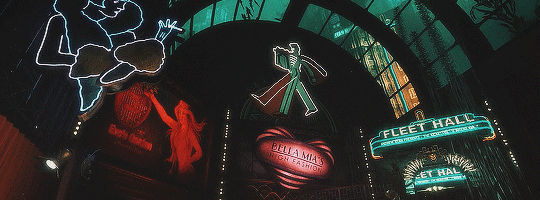Text
Identity Theft
Author’s Note: This is the first story of a collection I’m dubbing ‘The Musings of an Ordinary’ – aka. it’s about normal people’s experiences. This story mentions Dementia/Alzheimer’s throughout.
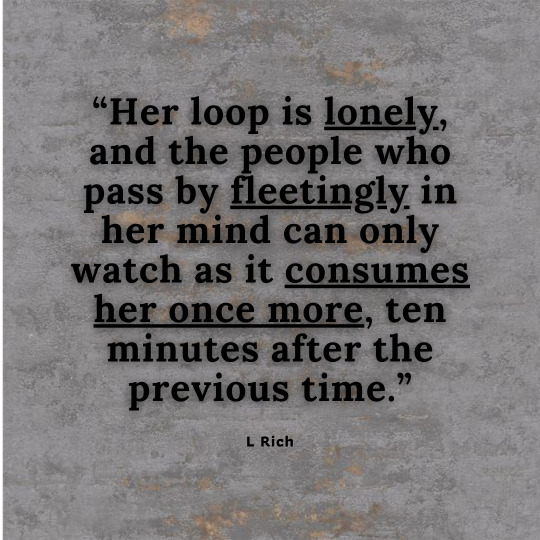
The room was the same as before: a dull-grey tone splashed across the walls, peeling in inconsistent places yet three coats heavy elsewhere; the bed was pushed against the wall, the wall cracked where force had been used. Photos, none of myself, were scattered across the shelving by the small, stocky television. Some black and white, some in colour, most in black and white. Many of her husband – second husband, that is – and herself looking happy, dressed in typical cardigans, corduroys, skirts of their age. Moreover, there were a few photos of her children, one of my father – a photo he disliked since the day it was taken, from when he had hair – yet none past his generation. Photos existed of us all, her grandchildren as toddlers hugging her and smiling like puppies, yet they were never on display. Always hidden in a box, in some corner of her wardrobe or under her bed. It wouldn’t be surprising if they had disappeared altogether.
For if they were to be displayed, they would confuse her. They would send her into a spiral of questions, never to escape, never to have them answered in her eyes.
It was the first visit of the new year, another question for her to ask us upon our arrival. “Well, it’s been a while, hasn’t it? What year are we now?” She would ask, the same blank expression as always. Her eyebrows were thick, painted black, her mascara clumped her eyelashes together. It had been a month since I last saw her.
“Twenty-twenty-four, Nan.” Typically, I would respond to those questions, not my father, as they were closed. Any form of open question would lose me; I wouldn’t know how to handle the situation, so I would stare expressionless at my father until he responded instead.
“It can’t be that far already,” she answered, looking at me, but not at me. It would take a minute or so for her to forget again.
“I’m afraid so, Nan.”
Then, she would turn to Dad.
“Whatever happened to Mabel?” She asked him, picking up her tea, complaining that it had gone cold.
“She died, Mum: Cancer.” Dad looked at me, raising his eyebrows and rolling his eyes. Mabel died thirty years ago. Mabel had been dead longer than I had been alive, which Dad and I always laughed about in the car journey back.
“Really? What a shame…” An uncomfortable pause rang out in the room. Then, she perked up again: “What year is it?”
This time, I didn’t answer. I wanted a new conversation, anything to stop the spiral, so I picked up my coffee, swirling the contents inside.
“This coffee is nice, Nan.” It tasted of milk and dirt, but she did not need to know that. “Do they make you coffee like this all the time here?”
“Oh, they do. But I won’t be here much longer. I’ve packed my things.” She pointed to a pile of bags, filled with bank statements for a bank she no longer has control of, and an address book with yellowed pages. “I’m going back home.”
She took another sip of her tea, muttering that it had suddenly gone cold.
“And, Nan, where is home for you?” I placed down my coffee, making a mental note to move the bags the next time I stood up. Dad shot me a look, confused that I had asked her such a question. He wouldn’t dare relent, but I was different. Arguably more naive than my father, I learned to just give in to her musings and absentmindedly question her on them.
“Why, back with Mum and Dad of course.” Her response made me sigh. I had given up by that point, checking the notifications on my phone.
I often wondered if my Nan believed I was being rude. She cannot remember what came after the landline; what music device came after the vinyl. For her, she’s permanently stuck in the 1950s, surrounded by aliens with devices she cannot perceive, and so the fact that these creatures check their devices so often in front of her would be seen as disrespectful, surely? I was not committing my full attention to her; understandably, she’d be annoyed. But what she did not know was that the alternative, for me, was saying “she died of cancer” and “it’s twenty-twenty-four now” over and over until the sentences no longer sounded coherent.
In reality, I scrolled through my phone to make sure I didn’t have any work emails, but to her that meant nothing. To her, I didn’t have a job. To her, I hadn’t even been born.
My dad asks if the staff here are nice, at the home with the peeling paint. I know where this conversation is going, and so does he, but it fills up the empty air, nonetheless. She starts talking; I don’t listen. For a moment, I can’t listen. It’s all too much, listening to a woman who does not know I exist, who cannot comprehend that her son has children and is no longer the child she’d scold for skipping school.
I took a bite into my breakfast, keeping my mouth occupied to further escape having to speak. Then, my dad brought me up:
“She’s happily working now, in a school, all grown up.” You should have seen the smile on his face. “Her second graduation was the other week. Do you want to see a photo?”
My nan looks at me blankly, no love in her eyes. Although, she never really had that ‘maternal, caring grandmother’ look, so I tended to wonder whether this was the real her or the stand-in. “Oh really?” She does not ask me what job I have, what children I encounter, what subject I teach. Instead, she looks back at my dad and asks: “Have you heard from Mabel?”
The woman before me is a shadow, not my Nan I remember. Not the Nan I used to take biscuits from; not the Nan whose cats I used to play with; not the Nan who walked with me around the coast of Cornwall, telling me about her hairdressers’ appointment. This was a woman using my Nan’s name, her face, her family. She pretended to fit into a mould somewhere, yet she stuck out like a bump in the road.
Two hours went by, two hours I’d never gain back, and we’re ended up standing, taking her to the main room for lunch, and using it as an opportunity to escape. Before we made it to the main room, however, I opened her wardrobe door and concealed her bags.
“You’ll come back and get me in a bit?” She asked, watching as the strange man gives her the lunch-time medication she always refused to take, and her twenty-year-old son waved goodbye.
My dad and I were waving back to her; we’re not huggers, we’ve never really hugged except if something was very wrong. Instead, we waved. We were not sure what else to do with her. I saw tears prick in her eyes. They were not tears of mourning, or upset; rather, they were tears of isolation, but with her being the way she is, loneliness was inevitable for the likes of her. Her loop is lonely, and the people who pass by fleetingly in her mind can only watch as it consumes her once more, ten minutes after the previous time.
My fifty-year-old father waved, “Of course. See you in a bit, Mum.”
Meek, I echoed my Dad’s words. “See you in a little bit, Nan.”
She smiled at my father and ignored me. “See you in a bit.”
My father smiled back, “Of course.”
I merely stood there, fidgeting with the skin on my fingernails.
As we turned the corner to flee the lunchroom, practically running to the lift to return our normal lives, we heard a shy voice call out: “You’ll come and get me after lunch, won’t you? You’ll get me after lunch?”
We didn’t respond. I feared that, if I were to reply, she’d hear the croaking, the shaking, of my voice. If I were to turn around, I feared she’d see the tears falling down my cheeks. But I know she’d only have one question on her mind, and it wouldn’t be one I would willingly answer.
All rights reserved. No portion of this book may be reproduced, copied, distributed or adapted in any way, with the exception of certain activities permitted by applicable copyright laws, such as brief quotations in the context of a review or academic work. For permission to publish, distribute or otherwise reproduce this work, please contact the author.
#bookaddict#bookblr#bookstagram#bookworm#writers on tumblr#writers#fiction#writing practice#writing#writeblr#writers and poets#writerscommunity
0 notes
Text
Possessive
Author’s Note: Some of this is real, some of this is altered purely to protect both my own identity and the identity of those mentioned. Content warning for abusive themes and mentions.
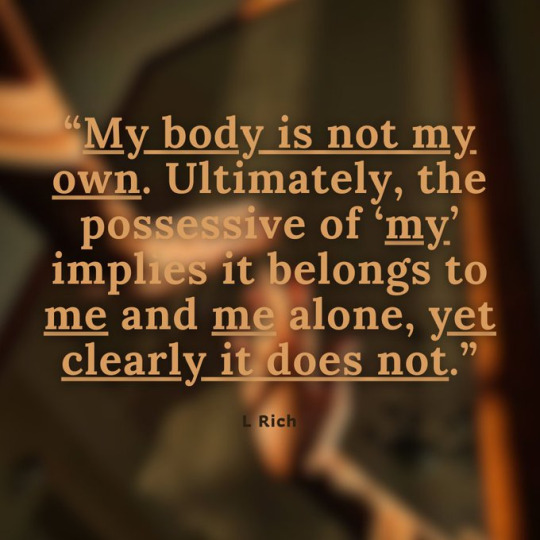
My body is not my own. Ultimately, the possessive of ‘my’ implies it belongs to me and me alone, yet clearly it does not. If someone could hurt me the way I’ve been hurt, I am not my own. I belong to the world; I belong to others, who do as they bid; I belong to society.
After all, people are the most unkind to the things they own.
Mirrors are frightening creatures. The idea of one’s reflection judging; flaws on show, everything you dislike laughing in your face while the few bearable qualities shy away. Nothing good comes from judgement, of yourself or others, so inevitably the only result of a mirror is a spiral. But now when I look in the mirror, I see all flaws, and some scars: new, old, big, small. Invisible to everyone else, but clear as day to me. Fingerprints scattered all over me; nail marks clawed into my thighs, my stomach; bruises across my face. Here is where it gets personal. Here is the only instance in which my body is my body, for I’m the only one dealing with the consequences.
It only took a couple of months for my therapist to decipher that I had grown up surrounded by cruel boys, cruel men, cruel men disguised as cruel boys. Her job is to be monotonous in expression, but even her eyes widened when I told her about my life as a thirteen-year-old girl: the abuse, the harm, the ignorance of those around me, the silent screams erupting from my oesophagus. It got worse when I was sixteen, with another boy who was equally as harsh on me. My first ‘adult’ relationship, I thought at the time. I felt so grown up, so ready for the adult world to sweep me away, yet what faced me was bruised legs, infantilisation, mistrust. He would look at me, describe me as “the type of girl that guys fuck, but never date”, yet promise to be my forever. When you’re young, you ignore the signs to pursue your fleeting fantasies, yet the older version of yourself is the one who deals with the aftermath.
It was at that point that I realised where I slotted in society: my destiny wasn’t to be craved, adored, to have someone hold my hand down the street, or buy me flowers. My destiny was to be used, to be thrown away once my worth had vanished. And if I was even the smallest bit as powerful as the women in the novels I read now, I would change my destiny, become the woman who deserved the flowers, the handholding, the adoration, to be craved. But in a world where power goes to those born with it, my ability to change my fate was never there. It had faded the moment I was born a woman in a world still run by men.
I still had the word ‘teen’ in my age.
When these boys came and went, I was still a teenager – scalded forever by life, forced to come to terms with everything as an adult.
By the time I had finished mapping out the life I had lived, my therapist just started writing in her notebook. What she wrote, I’m not sure, but the only words to leave her mouth were, “I’m sorry for what you went through”.
When I opened my front door, all I could do was slump to the floor. It was six in the evening, and for the next four hours my back was to the door.
My therapist and I worked on improving my present to compensate for the past. She gave me advice, told me to be more assertive, put myself out there more. I decided that dating was too hard, too traumatising, so I opted to focus on myself, myself exclusively: I found myself embracing the company of cafes and bookstores, reading books about powerful women to make myself feel just a sliver equal to them.
What infuriated me is that they always had someone to call ‘theirs’ by the end of the novel, a man who would sweep them off their feet, kiss them under the moonlight, worship them for the salvation they brought to the land.
And yes, these men were tall, handsome, ultimately good people once the initially grey moral code was ‘solved’. But they weren’t real.
Real men treated me like an object, a personal punching bag. Real men told me that I was unworthy of their affection, that I was lucky to have them, that I was rude, cruel, difficult to love, but still theirs.
The woman in the mirror is still broken when I look at her, the scars white yet deep, the marks purple and green, like mould, on my face, my legs, my stomach. I try to push out the thoughts of how much weight I’ve gained, how my stomach is fatter, my thighs are bigger, thus making the marks even more prominent than they were when I first got them.
I look at my body, and I’m ashamed that I’m still thinking about the fact that no man could love me.
I wish I could look at myself and not think about other people, even just for a second.
All rights reserved. No portion of this book may be reproduced, copied, distributed or adapted in any way, with the exception of certain activities permitted by applicable copyright laws, such as brief quotations in the context of a review or academic work. For permission to publish, distribute or otherwise reproduce this work, please contact the author.
#bookaddict#bookblr#bookworm#writers on tumblr#writers#fiction#writing#writing practice#writeblr#writers and poets#writerscommunity#laurwriter
3 notes
·
View notes
Text
site that you can type in the definition of a word and get the word
site for when you can only remember part of a word/its definition
site that gives you words that rhyme with a word
site that gives you synonyms and antonyms
1M notes
·
View notes
Text
abnormal writing tip
when i create new characters, i always think about what they smell like; this usually then links to their likes/location/interests.
for example: one of the characters from (what i call) butterfly wip smells of robusta coffee and lavender. she always uses lavender body wash, as she is allergic to most other brands; at the start of the novel she has work deadlines that means she’s in her office until they close up the building, so she’s drinking as strong a coffee as she can muster to get her through.
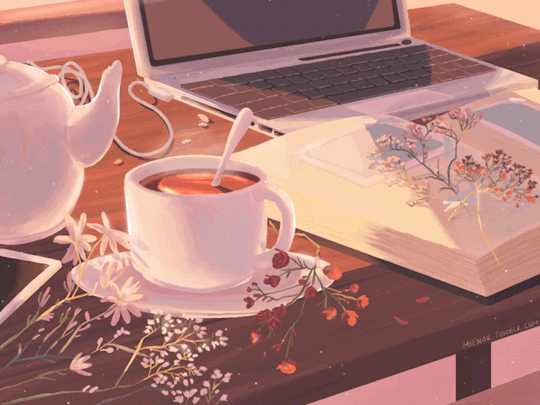
#bookaddict#bookblr#bookstagram#bookworm#writing#writers on tumblr#writers#writersofig#writeblr#writing practice#writing project#writing advice
1 note
·
View note
Text

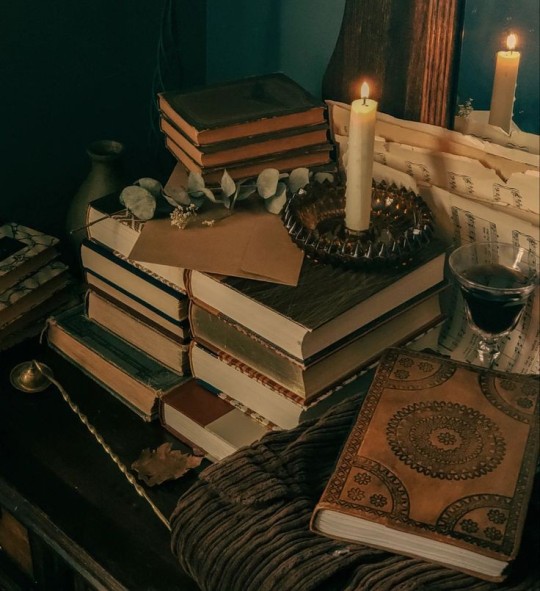


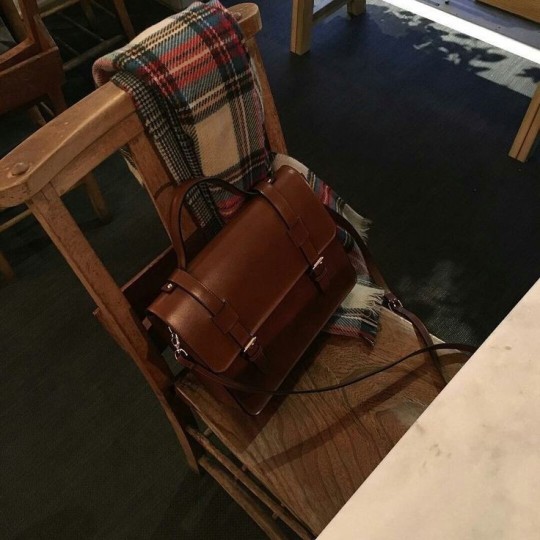
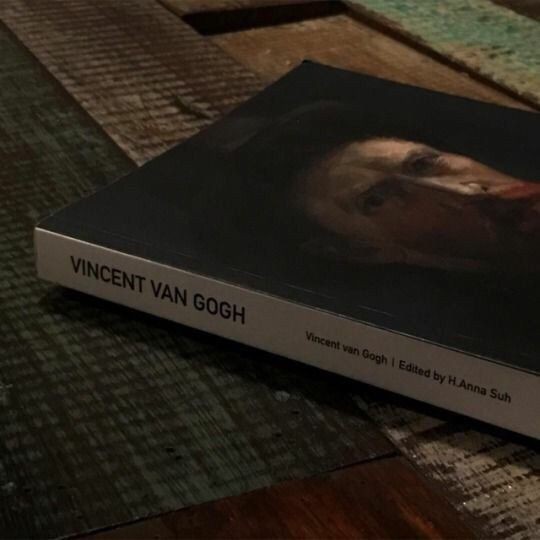
adulthood is just a fight to hold onto innocence
5K notes
·
View notes
Text
books i have read so far this year and my ratings:
1. the atlas six ☆☆☆☆
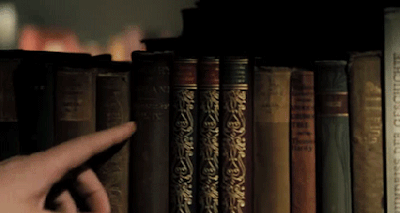
2. the invisible life of addie larue ☆☆☆.25
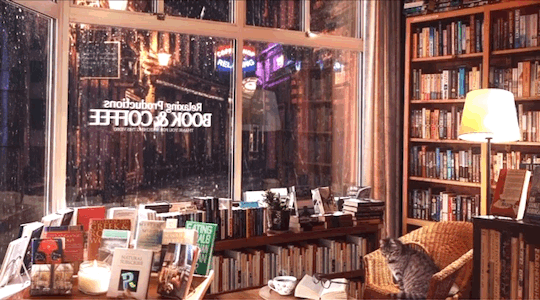
3. our wives under the sea ☆☆☆☆☆

4. she and her cat ☆☆☆.5
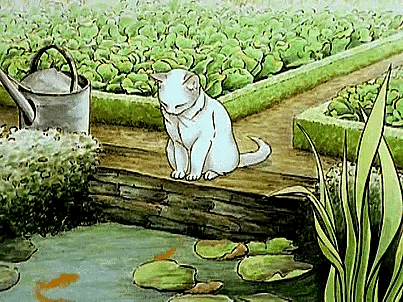
0 notes
Text
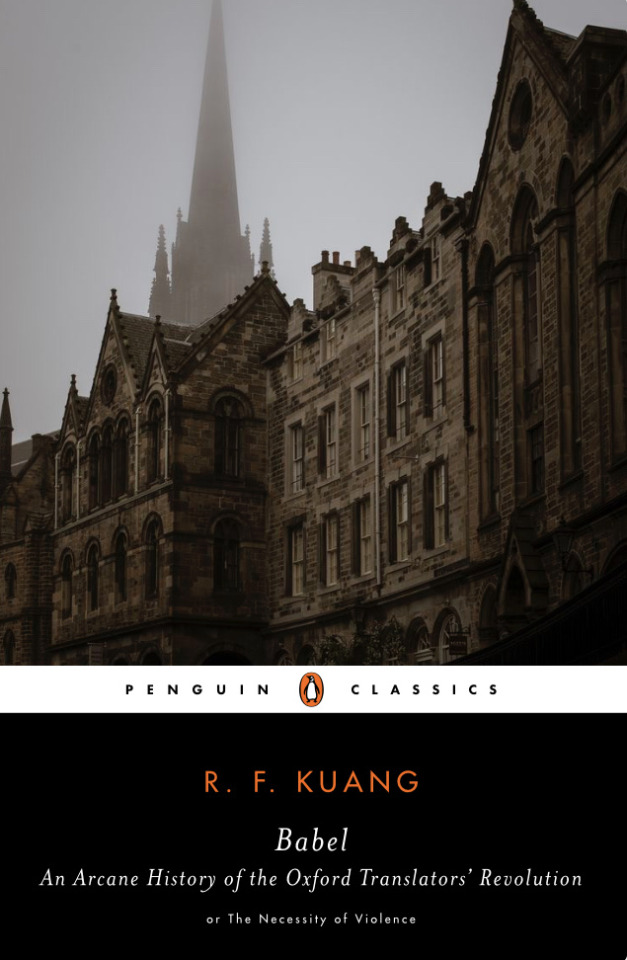
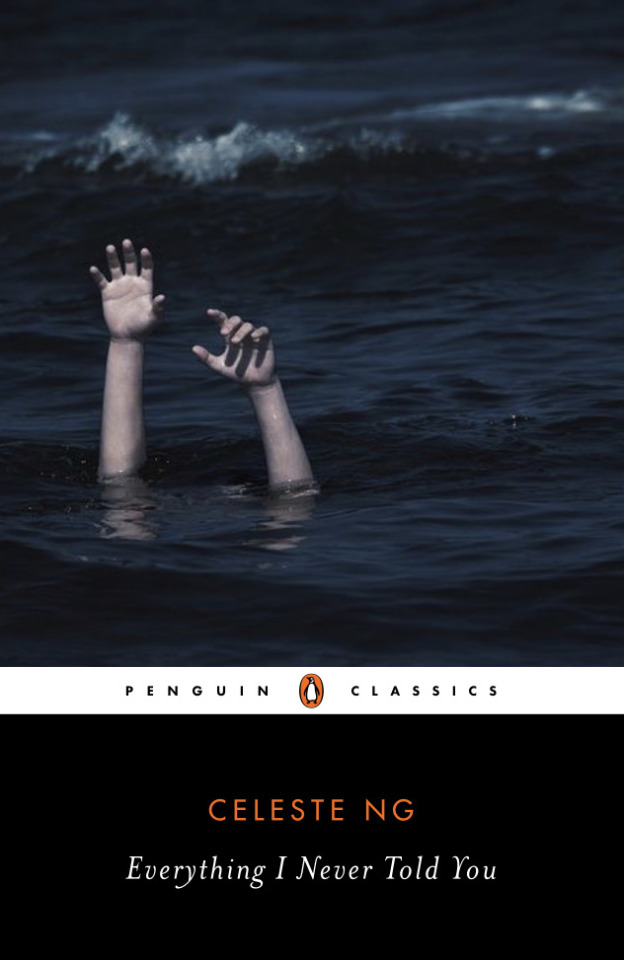
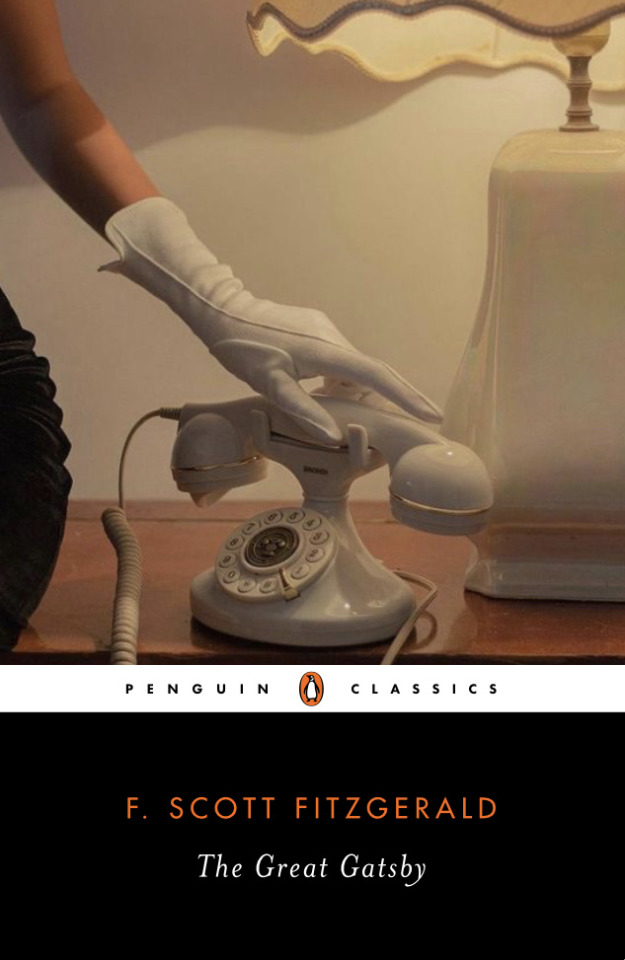
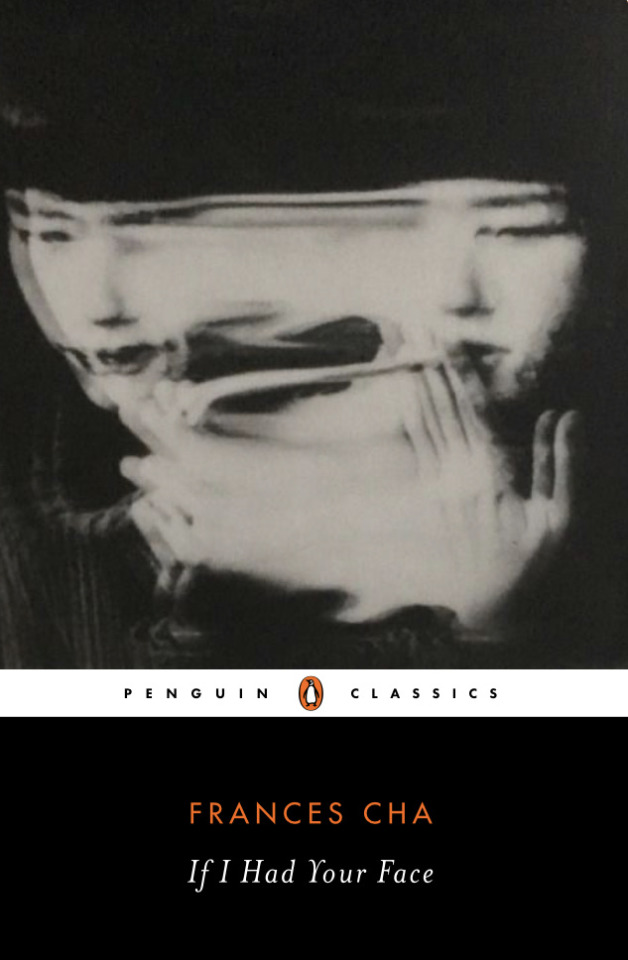
i turned my favourite books into penguin classics
we’re ignoring og the great gatsby here
#bookaddict#bookstagram#bookblr#bookworm#the great gatsby#if i had your face#everything i never told you#babel
36 notes
·
View notes
Text
The Ultimate Dark Academia Book Recommendation Guide Ever
The title of this post is clickbait. I, unfortunately, have not read every book ever. Not all of these books are particularly “dark” either. However, these are my recommendations for your dark academia fix. The quality of each of these books varies. I have limited this list to books that are directly linked to the world of academia and/or which have a vaguely academic setting.
Dark Academia staples:
The Secret History by Donna Tartt
If We Were Villains by M.L. Rio
Dead Poets Society by Nancy H. Kleinbaum
Vita Nostra by Maryna Dyachenko
Dark academia litfic or contemporary:
Bunny by Mona Awad
The Idiot by Elif Batuman
These Violent Delights by Micah Nemerever
White Ivy by Susie Yang
The Cloisters by Katy Hays
Never Let Me Go by Kazuo Ishiguro
The Lake of Dead Languages by Carol Goodman
A Separate Peace by John Knowles
Black Chalk by Christopher J. Yates
Attribution by Linda Moore
Dark academia thrillers or horror:
In My Dreams I Hold a Knife by Ashley Winstead
The Maidens by Alex Michaelides
Ghosts of Harvard by Francesca Serritella
Catherine House by Elisabeth Thomas
Plain Bad Heroines by Emily M. Danforth
They Never Learn by Layne Fargo
The It Girl by Ruth Ware
Never Saw Me Coming by Vera Kurian
Dark academia fantasy/sci-fi:
Babel: An Arcane History by R.F. Kuang
The Atlas Six by Olivie Blake
Ninth House by Leigh Bardugo
A Lesson in Vengeance by Victoria Lee
The Starless Sea by Erin Morgenstern
Vicious by V.E. Schwab
A Discovery of Witches by Deborah Harkness
The Betrayals by Bridget Collins
Dark academia romance:
Gothikana by RuNyx
Alone With You in the Ether by Olivie Blake
Dark academia YA or MG:
Truly Devious by Maureen Johnson
A Deadly Education by Naomi Novik
Ace of Spades by Faridah Àbíké-Íyímídé
The Raven Boys by Maggie Stiefvater
Legendborn by Tracy Deonn
Crave by Tracy Wolff
Wilder Girls by Rory Power
The Harry Potter series by J.K. Rowling
Dark academia miscellaneous:
My Dark Vanessa by Kate Elizabeth Russell
Disorientation by Elaine Hsieh Chou
Alphabet of Thorn by Patricia A. McKillip
12K notes
·
View notes
Text

i turned 23 today! here is one of the books I was given by my family!
1 note
·
View note























